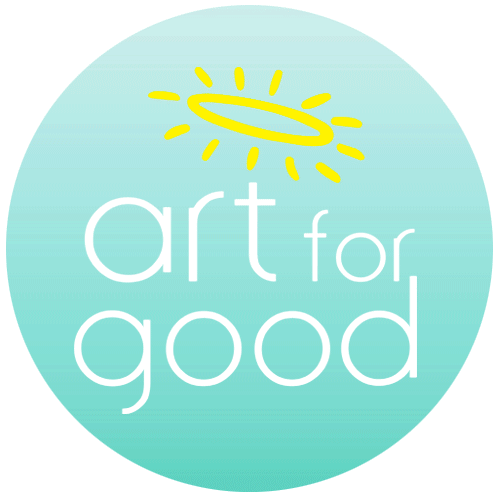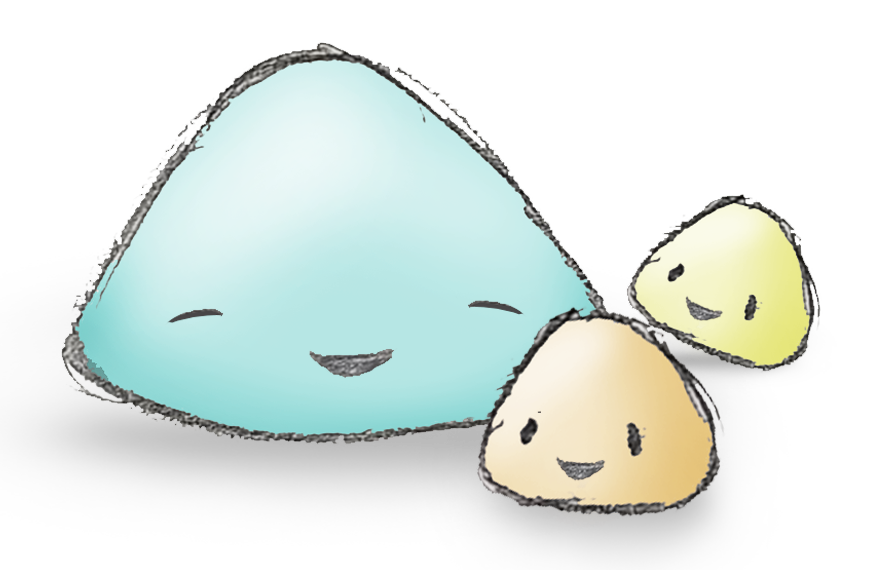A Collaboration with Ministry of Education Psychological Services Branch
29 October 2018
We designed and facilitated a team bonding activity for MOE PSB where the participants produced 11 handmade bears as Christmas presents for the children with rare disorders from Rare Disorders Society of Singapore (RDSS). RDSS is our charity partner where we provide free clinical art therapy sessions to their beneficiaries.
For the MOE PSB Teddy Bear Christmas Project 2018, there were 88 participants who worked together in teams and even collaborated (instead of competing) with other teams to get the bears ready within 2 hours! These bears were made from scratch and each bear came with a personalized message and/or story from each of the participating teams. This was such a meaningful event for everyone involved and it stands for our belief in building relationships through art and using art to do good!
Here are the children and their bears!
Chloe Mah (9 years old) loves her handmade bear, Ally! Chloe is one of the beneficiaries from RDSS and she has a glycogen storage disorder called Pompe disease. It is an autosomal recessive metabolic disorder that damages muscle and nerve cells throughout the body. It is caused by an accumulation of glycogen in the lysosome due to deficiency of enzymes, which requires regular expensive enzyme infusions. More information on Chloe can be found on www.savechloe.com.
Hazel Tan (7 years old) was very happy to receive her handmade bear! She gave us a friendly and warm greeting when we delivered her bear to her! She is one of the beneficiaries from RDSS and has West Syndrome. West syndrome is a severe epilepsy which causes severe mental disabilities. The incidence is estimated to be between 1-1.6 in 100,000 live births.
Zachary Wong just turned one and has slipped into unconsciousness. He is one of the very few cases of Leigh syndrome. Leigh syndrome is a severe neurological disorder which causes a regressive loss of mental and movement abilities and typically results in death within 2-3 years, usually due to respiratory failure. It affects 1 in 40,000 people. We hope the bear will act as a token of love and support from all of us to Zachery’s family as they go through these difficult times.
Seeing from Mark Chew‘s expression, you can see how happy he is with his bear! Mark is one of the beneficiaries from RDSS and suffers from yolk sac tumor with hydrocephalus, which is a rare and aggressive germ cell tumor. This rare and malignant tumor lines the yolk sac of the embryo, which normally becomes ovaries or testes, but it can also occur in areas like the brain and chest. It is often found in children ages 1-12 and affects 5.3 in 1,000,000 people.
Christopher Toi happily carries his handmade bear around the house! Christopher is one of the beneficiaries from RDSS and has a condition called bile acid synthesis disorder. This is a rare group of inherited genetic disorders caused by defects in the enzymes that make bile acids. The mutation leads to a build-up of abnormal bile acids which becomes toxic to the body and can cause organ failure. It affects 5 in 1,000,000 people.
Issac Tan (7 years old) is one of our favourite children from RDSS as he has one of the brightest smiles that can spread happiness to people around him! Issac has a condition called Rubinstein-Taybi syndrome which is known as broad thumb-hallux syndrome. The condition results in short stature, moderate to severe learning difficulties, distinctive facial features and broad thumbs and toes. It affects 1 in 100,000-125,000 people.
Zercia Chew (10 years old) really really loves her bear! Using arts and crafts, she has made a bed and a dining set for her bear named Kate. Zercia is one of the beneficiaries from RDSS and has gaucher disease. The disorder results from a deficiency of enzymes. Some symptoms include anemia, fatigue, easy bruising, bleeding that is difficult to stop, enlarged spleen and liver. Gauche disease affects 1 in 100,000 people.
Amelia Ng (11 years old) received her handmade bear in the hospital where she had been recovering over the weeks. Her resilient spirit never ceases to amaze us. Amelia is one of the beneficiaries from RDSS and has Mitochrondial disorder which is a long term genetic chronic inherited disease. It occurs when the mitochondria of the cell fail to produce energy for cell or body functions. It is estimated to affect 1 in 6000 people.
Chloe Chek (4 years old) really loves her bear! She had one of the biggest smiles when she received her bear named Chocolate. Chloe is one of the beneficiaries from RDSS and has Spinal Muscular Atrophy Type 2 (SMA II), which is an inherited genetic neuromuscular disorder which affects the nerve cells that control voluntary muscles. People with SMA II have poor muscles and are not able to sit or stand on their own. 1 in 6000 babies born are affected and 1 in 40 people are genetic carriers.


 Amanda Chen
Amanda Chen